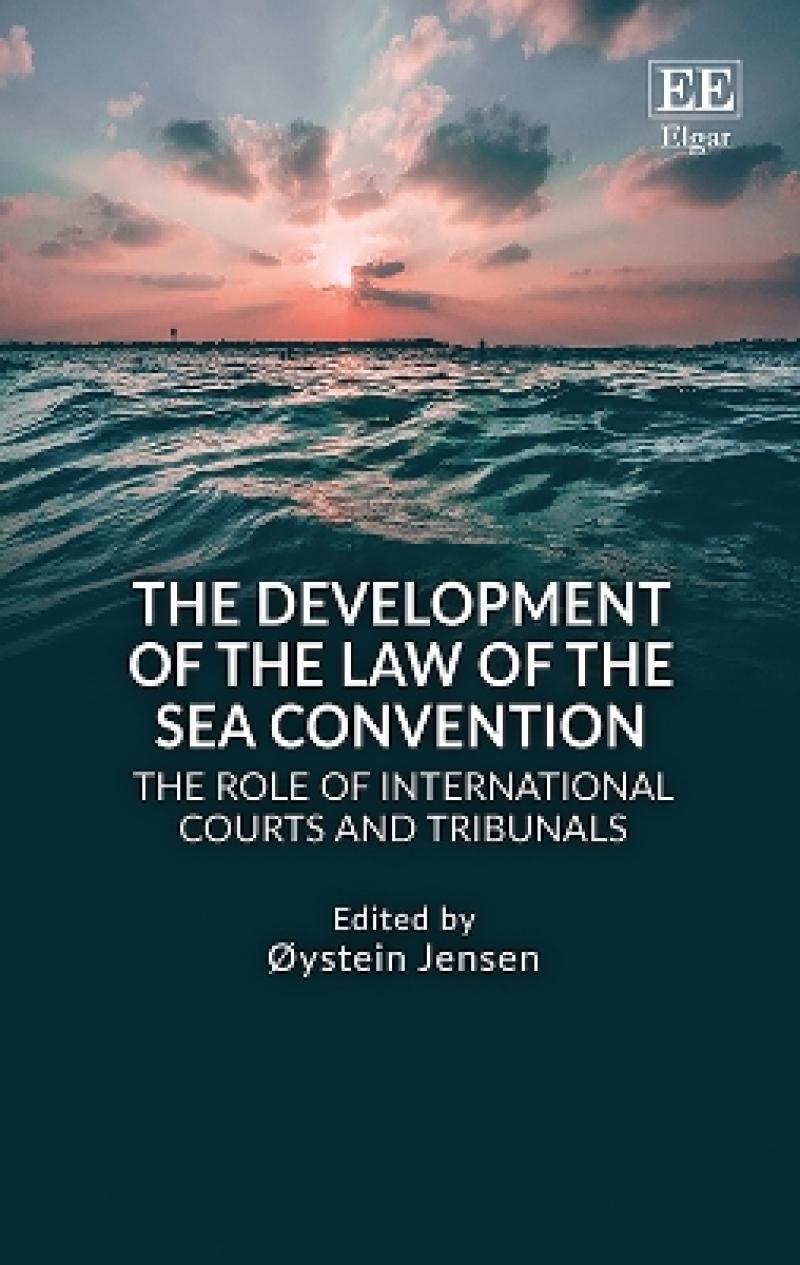<i>‘</i>The Development of the Law of the Sea Convention<i> represents a collective effort in filling the gap left in academic discussion. This book offers an in-depth appraisal of the impacts and contributions of international courts and tribunals to the development of UNCLOS since its entry into force in 1994. The book is timely, authoritative and thought- provoking. It will be of great interest to a wider readership, not only scholars and students working in the fields of public international law and the law of the sea, but also practitioners and relevant international organizations and institutions.’</i>
- Zhiguo Gao, Ocean Yearbook,
<i>'The contribution of international courts to aspects of the law of the sea other than maritime delimitation is rarely studied. The present volume fills this lacuna, illustrating how judges and arbitrators have shaped the law and interpreted often ambiguous provisions of UNCLOS in important and controversial fields such as fisheries, islands, deep seabed mining, the ''genuine link'', hot pursuit, and historic rights. This fine work by an international team of experts throws light on topical issues of the law of the sea and on the role of international judges and arbitrators.'</i><br /> --Tullio Treves, Former Judge, The International Tribunal for the Law of the Sea
Exploring the most pressing issues and recent developments concerning the oceans, leading authors discuss the influence of jurisprudence in fields ranging from fisheries to navigation and deep seabed mining, paying particular attention to the impact of dispute settlement in the law of the sea. While many questions remain unresolved, the specific case studies in this book show that courts and tribunals have made significant contributions to key legal concepts, as well as filling regulatory gaps left by UNCLOS.
This authoritative and timely work will be of great interest to students and scholars working in public international law, and most particularly law of the sea. Its attention to statute will greatly benefit practitioners including judges, counsels and consultants in international litigation, and its practical approach will capture individuals working for relevant international organizations and NGOs.
Contributors include: N. Bankes, L. Bautista, A. Chircop, R. Churchill, M.D. Evans, A. Jaeckel, Ø. Jensen, S. Lee, R. Lewis, M.L. Mcconnell, A. Serdy, K.E. Skodvin
